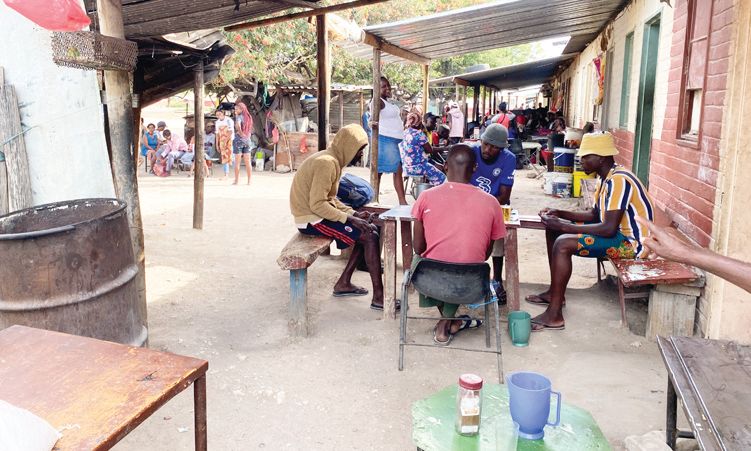NAMIBIANS have borrowed nearly N$2 billion from micro-lenders from 2003 to 2007, often at interest rates higher than the 30 per cent per year prescribed by the Usury Act.
The situation is bound to worsen.’The inflationary pressures on disposable incomes will obviously affect borrowing patterns in the micro-lending industry, as consumers seek credit outside the formal credit market to make ends meet,’ the Namibia Financial Institutions Supervisory Authority (Namfisa) says in its latest annual report.The micro-lending business has boomed since 2002, Namfisa’s records show. From only 34 registered micro-lenders in 2002, the industry has exploded by more than 630 per cent to the 249 legal ones in 2007.In this year alone, 38 new registered micro-lenders have sprung up.The sector continues to be tainted by loan sharks, the report show.The financial watchdog has received complaints ranging from ‘overcharging, reckless lending and illegal payroll reductions from clients’ salaries, to unregistered lenders and unexplained or high debt collection/legal fees being added onto accounts in default’.According to the latest statistics, micro-lenders disbursed nearly half a million loans worth nearly a billion dollars in 2007.The 478 124 loans totalling N$536 million were granted to 394 696 borrowers.The number of people borrowing money from micro-lenders increased by nearly 75 per cent from 70 162 in the first quarter of 2007 to 122 608 in the last quarter of the year. ‘The number of borrowers increased substantially during the year. This could be attributed to the interest rates hikes during the reporting period, which put continuous pressure on disposable income,’ Namfisa says.The watchdog further states that it is clear from the numbers that ‘the same borrowers are repeat clients in the same month’.Namfisa’s stats show that the average amount borrowed tends to be the highest in the third quarter.In 2007, the average amount was N$1 002 and N$1 195 for the first and second quarters respectively, while N$1 222 and N$1 058 were borrowed during the third and fourth quarters respectively.The average amount borrowed between 2003 and 2007 remained constant, ranging from N$1 019 to N$1 256.This again reaffirms the phenomenon of repeat clients. ‘It can be assumed that a high number of borrowers are repeat clients that utilise micro-lenders for consumption to carry them from one monthly pay/salary cycle to the next,’ Namfisa says.jo-mare@namibian.com.na
Stay informed with The Namibian – your source for credible journalism. Get in-depth reporting and opinions for
only N$85 a month. Invest in journalism, invest in democracy –
Subscribe Now!











